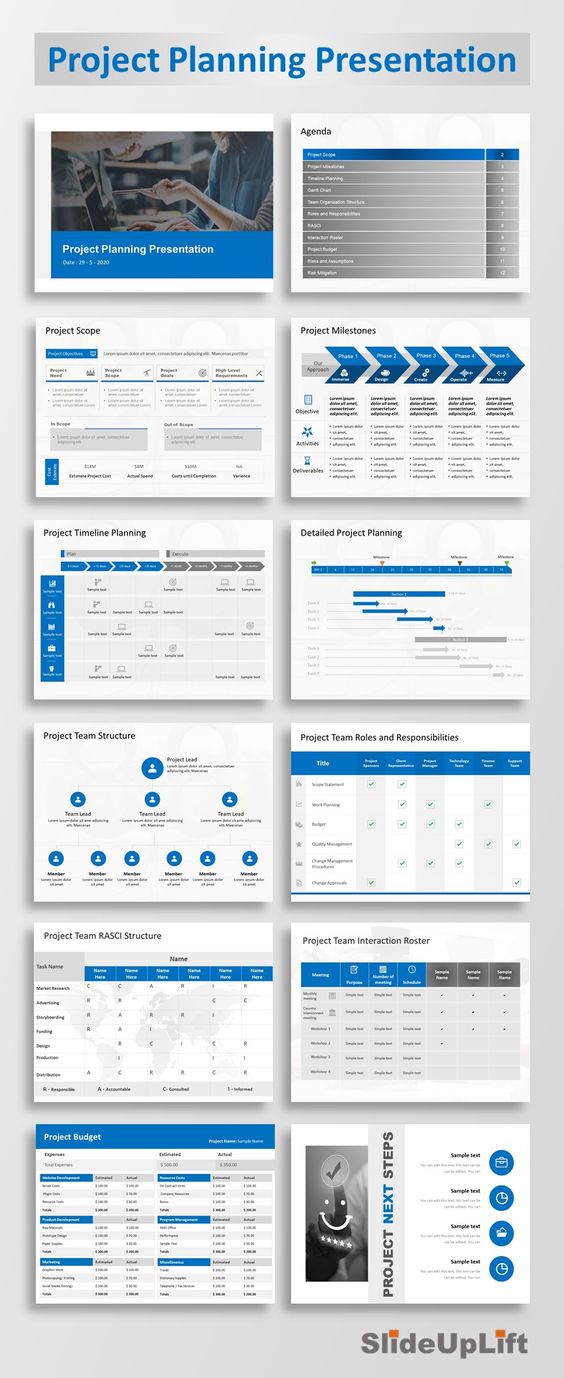As with any complex project, construction management plans are essential for ensuring that all aspects of the work are completed according to schedule, budget, and safety guidelines. A project management plan serves as a roadmap for planning, executing, and completing construction projects efficiently and successfully while also minimizing risks and costs. In this article, we will discuss the critical elements of constructing an effective construction project management plan with eight subheadings, starting with a period.
What is a Construction Project Management Plan?
Before delving into the details of creating an effective construction management plan, it is essential to define what it is. A construction management plan provides a blueprint of the project and outlines the various stages and the activities that will go into executing the plan. It allows teams to allocate resources, such as time, equipment, and personnel, to ensure the project’s success. The plan serves as a communication tool for all stakeholders, including owners, contractors, architects, engineers, and subcontractors.
Setting Goals and Objectives
A successful construction management plan begins with clear goals and objectives that align with the project’s scope, timeline, and budget. Goals should be specific, measurable, achievable, relevant, and timely. Objectives should specify what actions will be done to achieve the goals.
Developing a Scope of Work
The scope defines the project’s objectives and the work that must be done to achieve them. It helps the project team to identify the resources required, such as labor, equipment, and materials, and establish schedules and timelines for each stage of the project. A detailed scope statement sets clear expectations, reduces miscommunications, and minimizes the risk of misunderstandings, change orders, or disputes.
Establishing Communication and Reporting Protocols
Effective communication among stakeholders is critical in ensuring a construction project’s success. A communication plan should be developed to identify who will communicate with whom, how communication will take place, and what topics will be discussed. It should also ensure that all parties are kept informed of critical issues, milestones, and challenges. Regular progress reports will provide stakeholders with relevant details on the project’s status, including budget, compliance, and safety.
Managing Budgets and Finances
Managing the project budget is essential to controlling costs and identifying financial issues early on. The construction project management plan should include a detailed breakdown of estimated costs and allocate budgets for each phase of the project. It must also incorporate contingency plans for potential cost overruns.
Ensuring Compliance with Regulations and Safety Requirements
Construction projects are subject to numerous regulations and safety requirements. The project management plan should ensure that all regulatory requirements are being met, including environmental, zoning, and building codes. In addition, the plan should incorporate safety protocols to minimize accidents and injuries.
Risk Management and Mitigation
Risk management is critical in identifying potential risks and developing strategies to mitigate them. A risk management plan should be an integral part of the project management plan to ensure that risks are identified, evaluated, and addressed throughout the project’s lifecycle.
You might find these FREE courses useful
- Project Practicum with Multiple Projects
- Scrum Master Certification Specialization
- Modalidades organizacionales ágiles en base a la MetodologÃa Scrum
- Scrum Master Certification: Scrum Methodologies
Procurement and Contracting
Procurement and contracting are essential components of any construction project. Procurement involves the selection and acquisition of materials, equipment, and services required to complete the project. It also includes developing and managing contracts with suppliers and subcontractors. Effective procurement and contracting strategies can help minimize project costs and schedule delays.
Conclusion
A successful construction project management plan is vital to ensure that a construction project is completed efficiently, safely, and within budget. The plan should address all critical elements of the project, including goals and objectives, scope of work, communication protocols, budget management, compliance, and safety, risk management and mitigation, and procurement and contracting. By adhering to these essential elements, construction teams can successfully execute their projects and minimize risks and costs.
